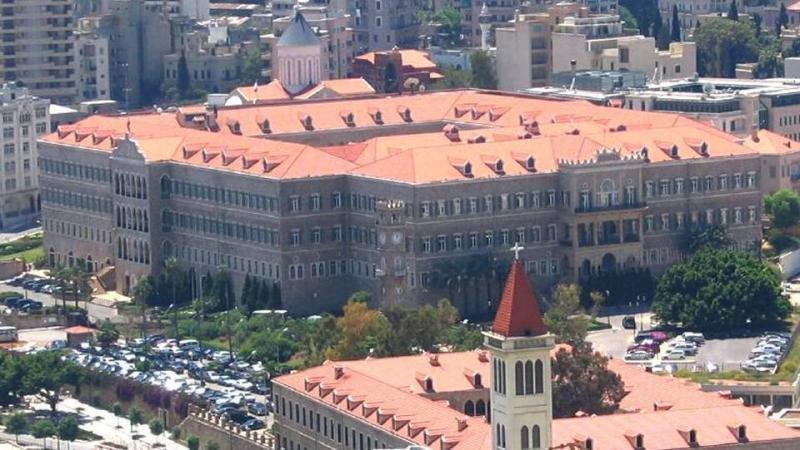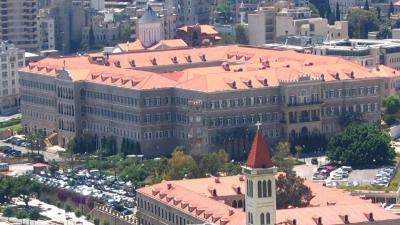The direct discussions on the formation of the government have been absent for a long time, as the president-designate has not contacted or met with the president. The president has not been alarmed by the situation, continuing to await in his palace, receiving and sending off, giving directives and promises, and searching for a successor to continue what he started from the point Lebanon has reached by the time he leaves Baabda.
The new government was supposed to be formed directly following the parliamentary elections according to the constitution and norms, meaning that last June was the maximum deadline for its formation as stipulated in the constitution. Given the dire circumstances the country has faced for three years at all levels, and on the eve of the constitutional term of the president ending, the establishment of the government becomes a top priority in order to address required actions in confronting crises, negotiating with the international community and its institutions, making decisions on maritime border demarcation, as well as addressing simpler issues like passport problems, electricity provision, judicial activation, and public transport operations.
The urgency for forming a government becomes more pressing with the approaching end of President Michel Aoun's term and his departure from Baabda Palace. Until a new president is elected, there must be a government that fully meets constitutional specifications to exercise the role of the anticipated president if their election is delayed by hours, days, or months.
Everyone is now aware and preparing to engage in interpretations in case the caretaker government remains in its positions. The first of these interpretations is that it has no right to exercise the role of the president in their absence since it is resigned, which could lead to an even worse interpretation suggesting that the president remains in their position and office to avoid a vacuum. Naturally, following such interpretations, which show disregard for the failure to form a government or for constitutional presidential deadlines, would ultimately undermine the Lebanese political system and crown years of authority practices, obstruction, closure, guaranteed thirds, monopolization of positions, and imposition of choices and individuals in a meaningless electoral format.
Naji Gebran's visit to Baabda yesterday should not be understood outside the context of sensing risks and the necessity to close loopholes in interpretations and exertions. This step is essential to reignite discussions surrounding the formation of the last government of the current term. If success is achieved in this endeavor, one could speak about reducing the risks associated with the presidential transition; if not, we are certainly facing more unhappy surprises.




